BY ISADORA ZUCKER ’25

On March 27th and 28th, Skidmore Theater presented a staged reading of Inching Towards Yeolha, written by Sam-Shik Pai and translated into English by Walter Byongsok Chon. Directed by Visiting Assistant Professor Ji Won Jeon, Inching Towards Yeolha is a political satire exploring the ways in which people process their beliefs in the face of the unexplained. The reading was staged in the Skidmore Theater Black Box and follows the story of the Korean philosopher Yeon-Ahm while his soul is trapped in the body of a horse. Painting a sharp contrast between the ideas of old and new, novel and inane, and naivety and knowledge, this production was a whirlwind of comedic fun and meaningful commentary.
The story is set in Yeolha, a village long lost to time while under the near-constant barrage of sandstorms. Isolated from the outside world by a desert, the inhabitants of Yeolha have learned to rely upon tradition and appreciate the banality of day-to-day life. The villagers spend their day gossiping about the horse of Chang-Dae, one of the village men, who is refusing to eat. As more villagers are introduced, more talk arises, with some even suggesting it would be best to eat the horse. As night falls, Chang-Dae and the horse return to his home, and as he tries to convince her to eat, she begins the speak. Describing the need to speak as an “itching”, the horse recounts the tale of how it came to consciousness: “‘What is making me so itchy?’ It all started from this question. The beast began to ‘think.’” She soon reveals that despite being in the body of the horse, the person speaking is the philosopher Yeon-Ahm.
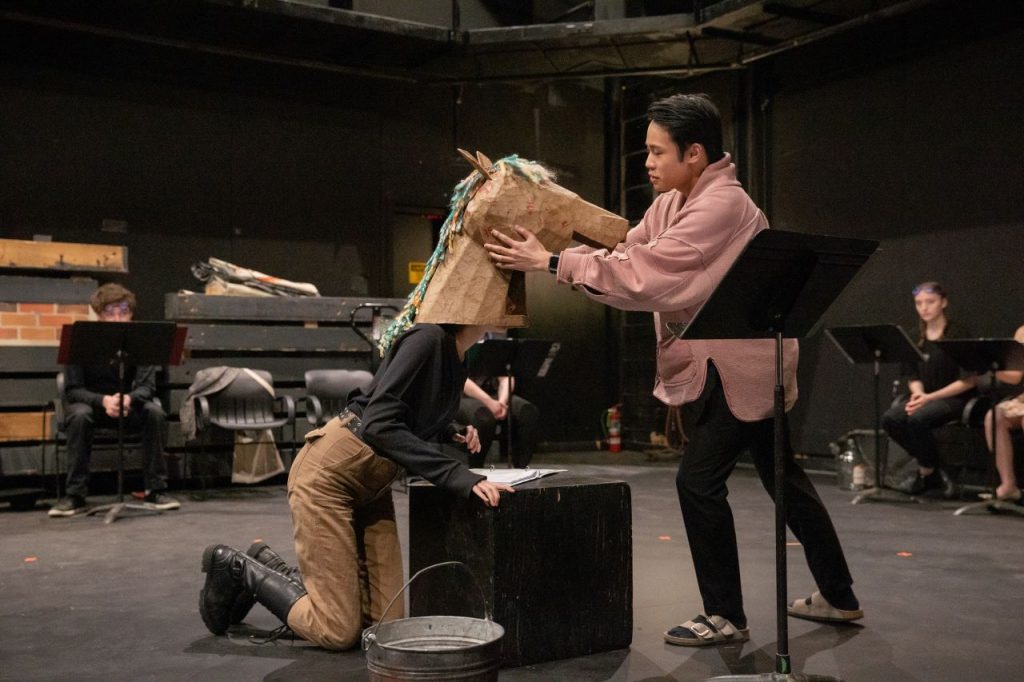
News of Yeon-Ahm spreads amongst the people of Yeolha, and as it does, more is learned about the individual villagers. Some meet the news with fear, such as the village elders, and others with sadness, such as the village sex educator Mahn-Mahn, though everyone has a sense of curiosity surrounding the new event. Yeon-Ahm speaks of the world outside of Yeolha and points out many of the contradicting ideas laced into the everyday life of the villagers. While the village boys listen to the lessons eagerly, the adult villagers become more wary of the newcomer, questioning Yeon-Ahm’s intentions. At this point, we learn of some of the village’s core laws as they recite teachings from their ancestors in enthusiastic unison; to the people of Yeolha, every terrible thing in the world originated from “fondness for the exotic,” the exotic meaning anything new or different. These laws are upheld by the citizens, so much so that it is forbidden to even speak of the outside world so as to not remind anyone of the exotic which resides there. Yeon-Ahm, who spoke so much of the outside world, violated some of the core principles of Yeolha. It is decided by the village elders that Yeon-Ahm is to be gagged and locked away as punishment for her crimes. Chang-Dae eventually un-gags Yeon-Ahm and tries to convince her to stop speaking, as that is the only way she could avoid the death penalty for her stories of the outside. Yeon-Ahm eventually agrees under the condition that she would be referred to as master because in a past life, Chang-Dae was a stable boy working under Yeon-Ahm.
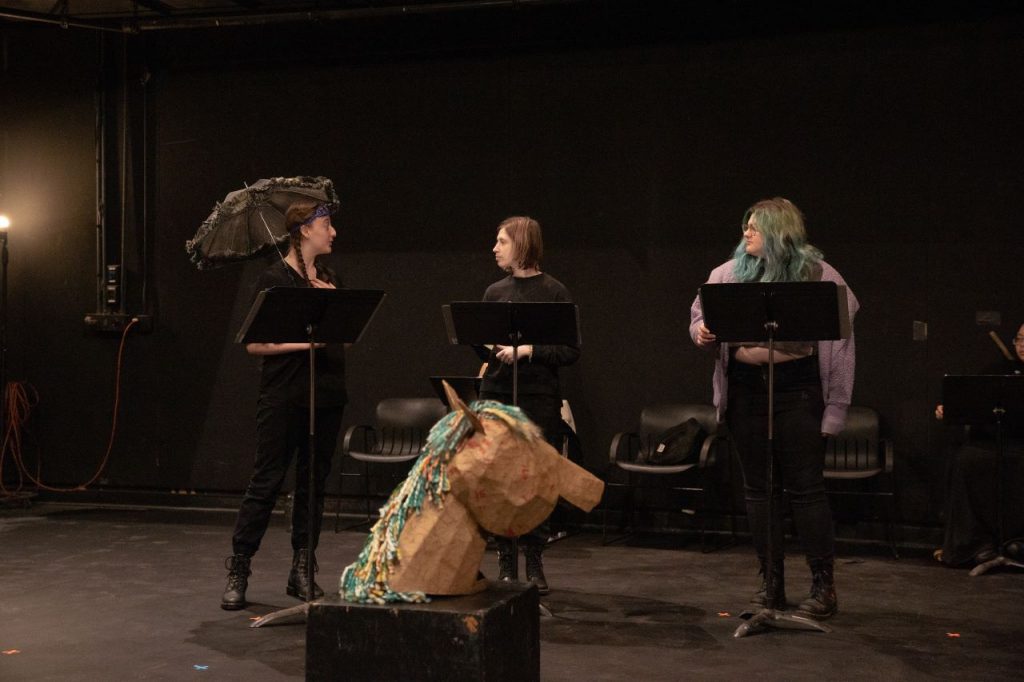
The next day, a mysterious wagon appears covered in lights and playing noise out of a radio. These are the first real pieces of modern technology seen in the play, causing the audience to re-contemplate the seemingly historic time period in which the story appears to take place. The villagers are stunned, blaming the presence of the wagon on one of the women who broke tradition and ventured outside before dawn. By the villager’s logic, to see something is to will it into existence; if you do not look at something, there is nothing proving its existence in the first place, so it may simply disappear. Out of the wagon came a man claiming himself to be an Inspector for the Emperor who makes his inspection rounds every 586 years. This proclamation once again causes the audience to question the timeline of the show, adding to the already contradictory nature of Yeolha and its people. The inspector declares he is in search of an Ideology—a term which the town is unfamiliar with—and defines it in comparison to a spice: “The youth of today, they don’t give a damn about spice or ideology. They devour it raw, just the way it is.”
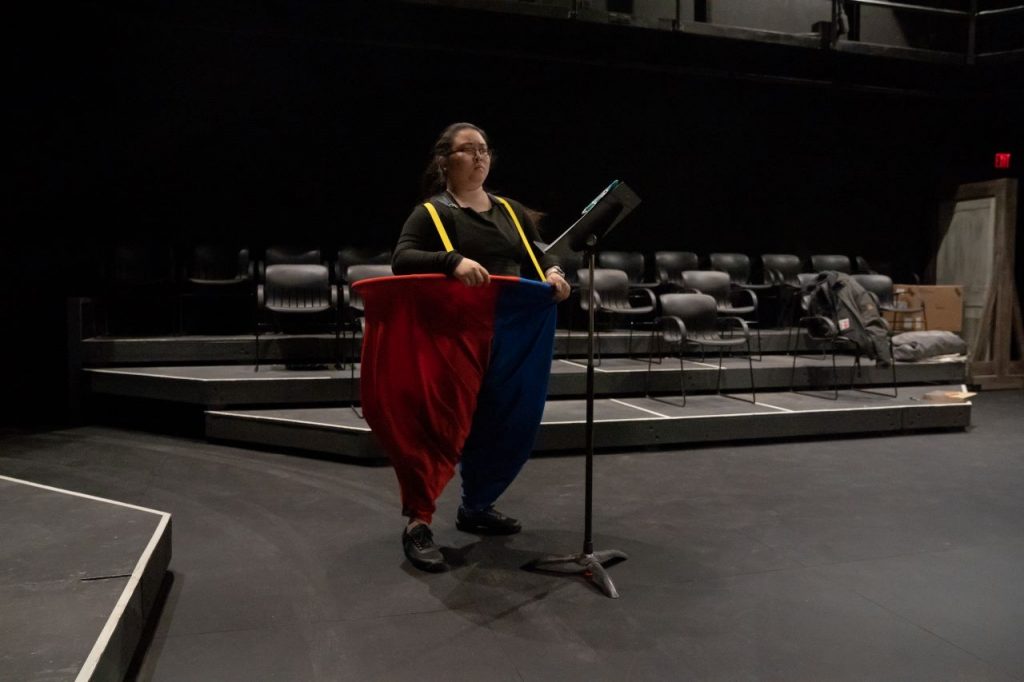
The Inspector’s words on ideology directly nod to the role of religion in politics, and how many are upset at how younger generations are moving away from so-called traditional ways of thinking. The inspector then presents various collected examples of Ideologies, declaring that the villagers have one day to present him with an Ideology or else Yeolha will be wiped off the map. The townspeople realize that their Ideology must be Yeon-Ahm, but are then informed by Chang-Dae that she no longer speaks and is “completely normal now.”
To try and get Yeon-Ahm to speak again, the villagers decide to try and get her drunk, despite alcohol being banned in Yeolha. With the help of some secret alcohol stashes and attempts at philosophical musing from the villagers, Yeon-Ahm is eventually persuaded to speak again. However, she does not agree to become Yeolha’s Ideology and instead pitches the idea that everyone flees the village and the Inspector. This will prevent anyone else in the future from falling under the Emperor’s control.
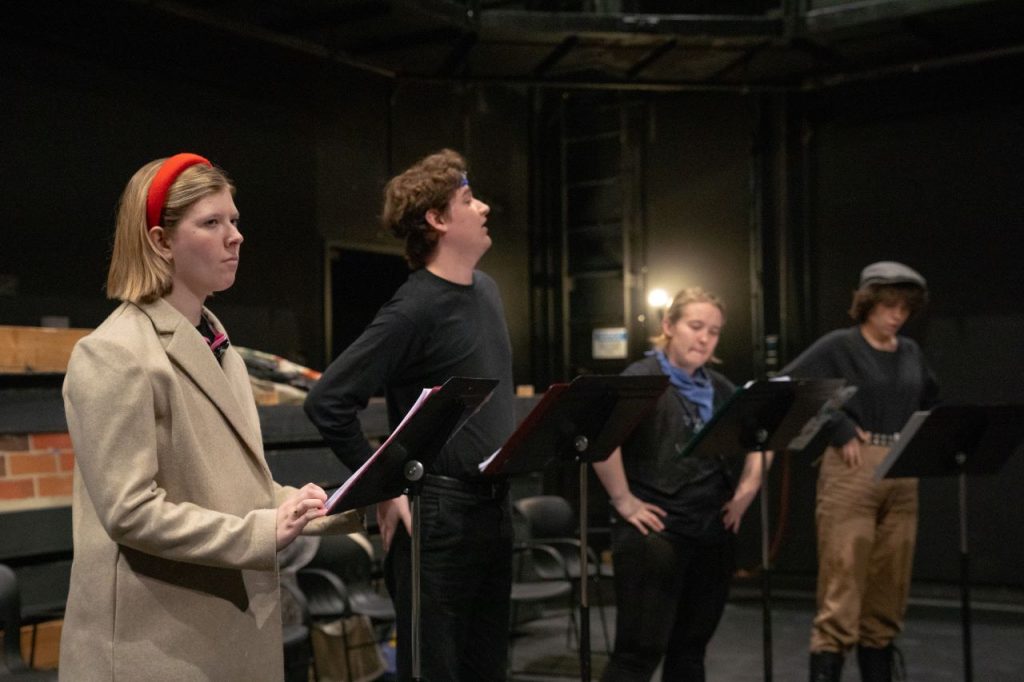
Unfortunately, when the next day comes, many of the villagers begin to have second thoughts, fearing what will happen if they leave the comfort of the only thing they’ve ever known. The Inspector comes back to see the scene and is satisfied to see Yeon-Ahm present. He claims to have known about her the entire time and that he was merely staging a test for the villagers to see if they would bring her forward. However, before Yeon-Ahm is captured, another blustery sandstorm passes through. Once it had passed, the wagon magically appears, and sitting inside it are two of the villagers: Mahn-Mahn, the prostitute, and Cho-Mae, a blind and deaf village woman. While they are physically the same people, Cho-Mae reveals that not only can she fully see and hear, but that she is actually the Emperor who has been stuck in exile for 2344 years. She also states that Mahn-Mahn is her daughter, the princess, and her successor to the throne.
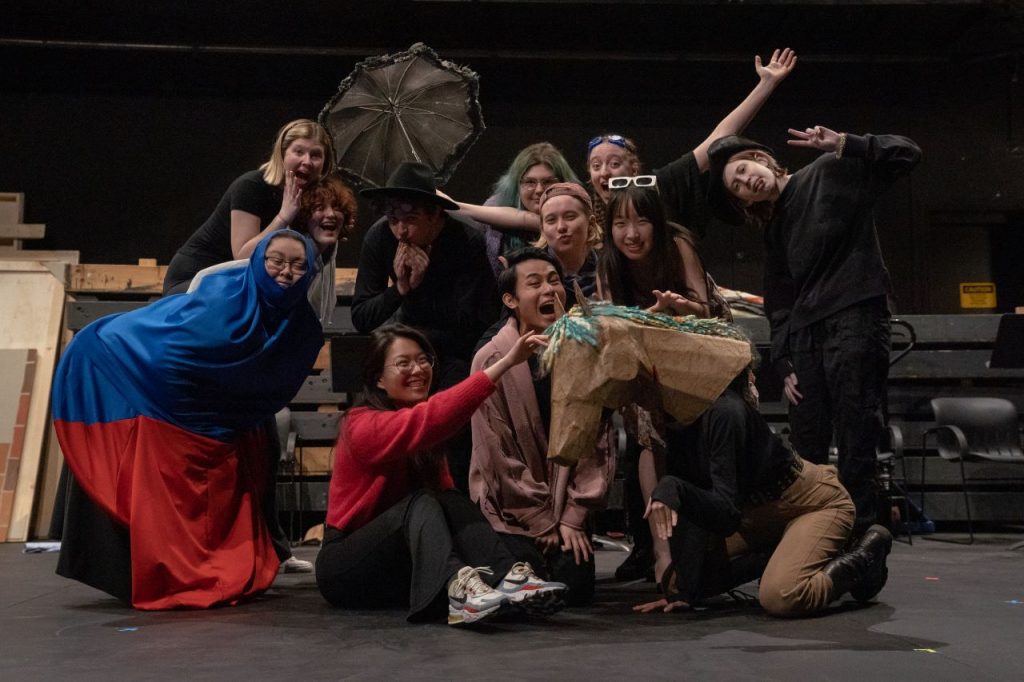
Though no longer threatened with death or enslavement, Yeon-Ahm decides nonetheless to venture away from Yeolha; she and Chang-Dae share a tearful goodbye as she walks off into the desert. There is a small time skip, and we hear the village people sharing fantastical stories about Yeon-Ahm with visitors to Yeolha, showing that despite not leaving the village themselves, the villagers were still able to learn to be open to the so-called exotic of the outside world. The satirical story ends on this hopeful note: even those who are fully engulfed by outdated beliefs have the potential to learn and grow, all you must do is begin to think
Photos by Coltrane Cho ’24
***
Isadora Zucker ’25 is a staff writer for the Skidmore Theater Living Newsletter
